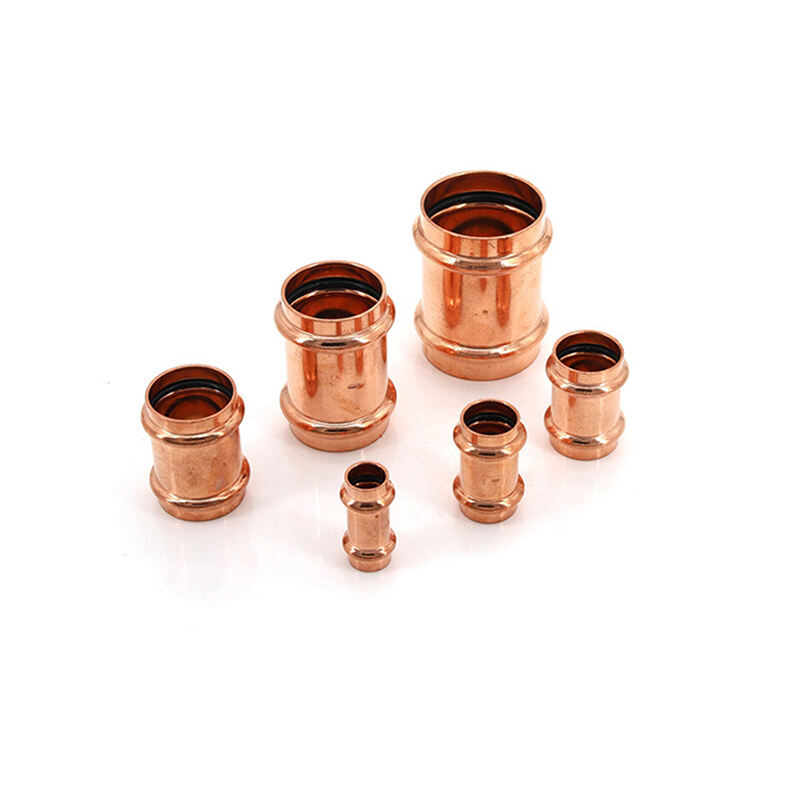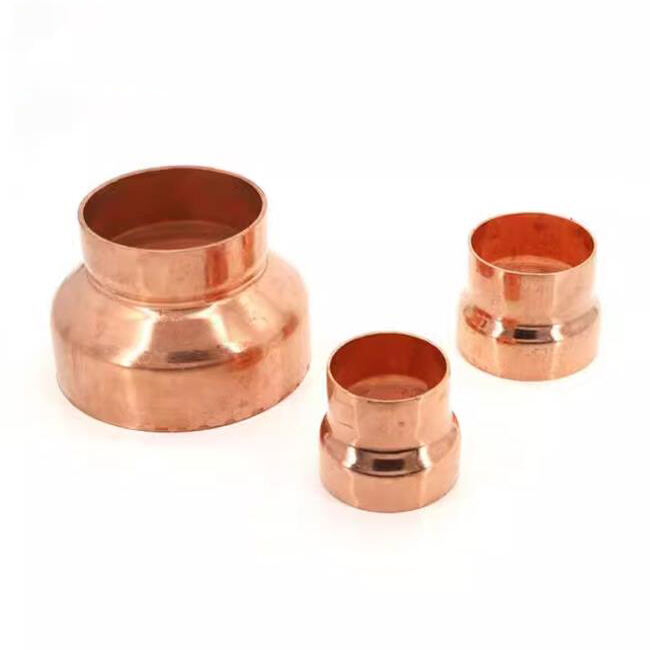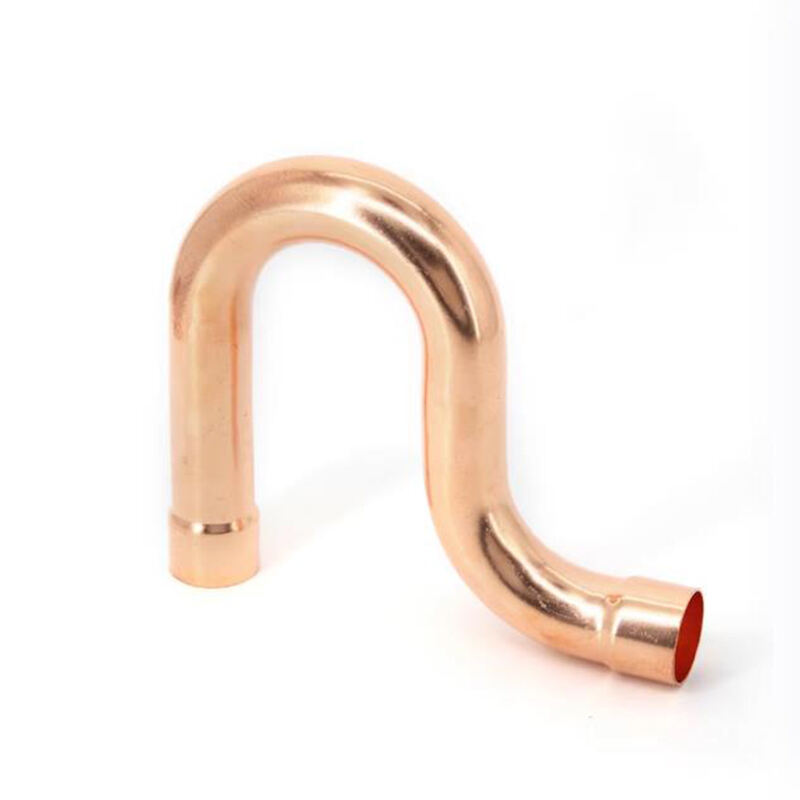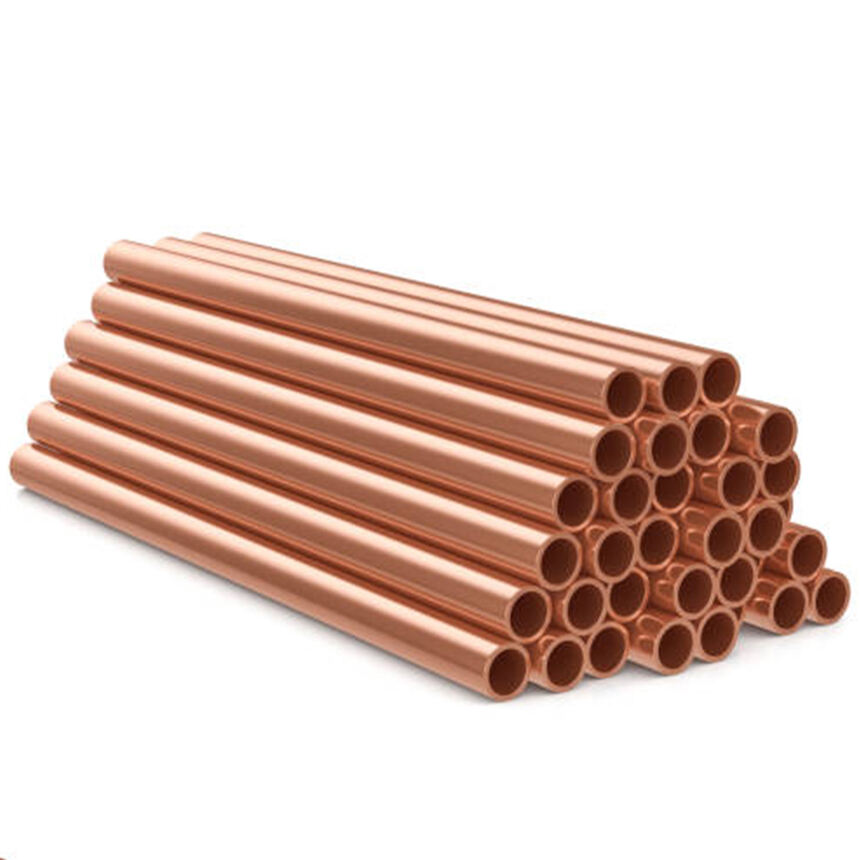Superior Durability in Brass Pipe Networks
Withstanding High-Pressure Environments
Brass fittings hold up really well against high pressure situations, which is why they're so common in both industrial and commercial plumbing systems. The metal itself has some pretty good mechanical traits that stop it from bending out of shape or breaking down over time when stressed. Brass can handle transporting pressurized water without failing, and these fittings tend to last much longer than alternatives in tough conditions. That's why most engineers and construction workers go with brass whenever they need something durable enough to stand up to constant wear and tear in their pipe networks.
Longevity in Diverse Operating Conditions
Brass plumbing fittings stand out because they last so long under different conditions. They're strong and resist rusting, which means they work well whether the temperature goes up or down and no matter what kind of water runs through them. Some tests show these fittings can keep working properly for around 50 years before needing replacement, making them great choices for homes as well as businesses. The fact that they don't wear out quickly saves money in the long run and makes brass a solid option when building green plumbing systems. For places where pipes need to be reliable day after day, brass remains one of the best materials available, giving plumbers confidence that things won't go wrong unexpectedly.
Corrosion Resistance for Reliable Performance
Protection Against Water and Chemical Exposure
Brass pipe fittings stand out because they resist corrosion naturally, which makes them great choices when dealing with areas that see constant water and chemical exposure. Plumbers know this well since many bathroom installations involve contact with all sorts of aggressive substances daily. Brass contains specific metals that help create a sort of shield on its surface after some time passes. This shield works pretty well at keeping harmful stuff away from the metal underneath. While nothing lasts forever, these fittings tend to hold up much longer than alternatives, giving building owners peace of mind about maintenance costs down the road. Of course, there are limits to what even good materials can handle, so proper installation remains important regardless of material choice.
Marine and Plumbing Applications
Brass fittings hold up really well when exposed to saltwater, which makes them ideal for boats, docks, and other equipment near the ocean. Without this kind of protection against corrosion, metal parts would start breaking down much faster in these tough environments. For home and business plumbing systems too, brass creates tight connections that don't leak easily. Leaks are a major problem because they waste water and can lead to expensive damage over time. Brass stands out compared to other materials thanks to its strong structure that resists bending or breaking under pressure. That's why plumbers often reach for brass fittings when installing pipes that need to last for years without issues.
Heat and Pressure Tolerance in Critical Systems
Performance in Hot Water Distribution
Brass fittings work really well in hot water systems because they can cope with the constant expanding and contracting when temperatures change. When water heats up, pipes expand, and cool down they contract again. Brass handles this movement without breaking the seals, so there's less chance of leaks forming over time. What makes brass stand out is its inherent strength which lets it take on high temps without warping or failing. That's why plumbers often go for brass connections in residential setups as well as bigger industrial installations where hot water flows regularly. The fact that brass doesn't degrade quickly under heat means fewer repairs down the road, saving both money and hassle for homeowners and facility managers alike.
Industrial-Grade Brass Compression Fittings
Brass compression fittings built for industrial use can handle the brutal temps and pressure spikes found in places like oil rigs and gas pipelines. What makes these fittings stand out is how they create tight, reliable connections that cut down on leaks and breakdowns when things get rough. Companies across various sectors have noticed that switching to brass compression fittings means fewer repairs over time, saving money while keeping operations running smoothly day after day. The fact that these fittings hold up so well in tough conditions explains why many plant managers consider them absolutely essential for maintaining safe, functional systems in their facilities.
Versatility Across Pipe Network Configurations
Brass Hose Fittings for Fluid Transfer
Brass hose fittings really stand out when it comes to moving fluids around different systems. They work well with all sorts of hose sizes, which makes these fittings super versatile for whatever setup someone needs. No need to spend hours modifying everything else just because the fitting doesn't match perfectly. That's why people love them so much in factories as well as homes. The way brass fittings are designed lets them slot right into most existing systems without too much hassle. Just think about how handy this becomes during installations or repairs where time matters. From simple water lines to complex chemical transfers, brass fittings keep performing reliably thanks to their solid build quality and that flexibility we mentioned earlier.
Adaptable Plumbing Solutions
Brass plumbing fittings are really adaptable stuff, coming in all sorts of shapes and sizes depending on what the job calls for. Plumbers can pick exactly what they need when working on installations because there's so much variety out there. Brass works well with different materials too, like copper lines or plastic piping, which means it fits right into almost any existing setup without causing problems down the road. The fact that brass bends and connects so easily makes installation less complicated overall while still keeping everything solid and functional over time. For anyone dealing with either straightforward pipe work or complicated systems where every connection matters, brass fittings tend to be the go-to choice most of the time.
Low Maintenance and Cost Efficiency
Minimal Inspection Requirements
Brass fittings don't need much maintenance at all, which is pretty handy considering how tough they are as materials. Most other stuff out there needs checking and fixing regularly, but brass just sits there doing its job without asking for much in return. The main thing people usually do is give them a quick clean now and then. This basic care actually helps these fittings last longer while saving money on operations down the road. No wonder so many folks across industries and homes prefer brass when they want something that won't eat up their time or budget.
Long-Term Reliability Reducing Replacement Costs
Brass fittings have proven themselves reliable over the years, cutting down on replacement expenses as time goes by. What makes them stand out is their ability to withstand wear and tear while resisting corrosion, which keeps them performing well even when faced with tough conditions like constant exposure to water or harsh chemicals. The fact that these fittings last so long means plumbers spend less time fixing leaks and replacing parts, something that adds up to real money saved on maintenance bills. When companies choose quality brass fittings upfront, they're basically avoiding those surprise breakdowns that can disrupt operations and drain budgets. That's probably why so many professionals still reach for brass whenever they need dependable connections for everything from basic home plumbing jobs all the way through complex industrial systems where failure just isn't an option.









